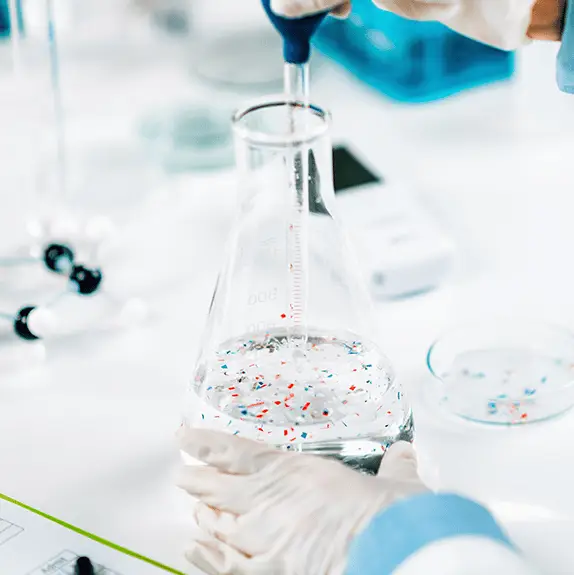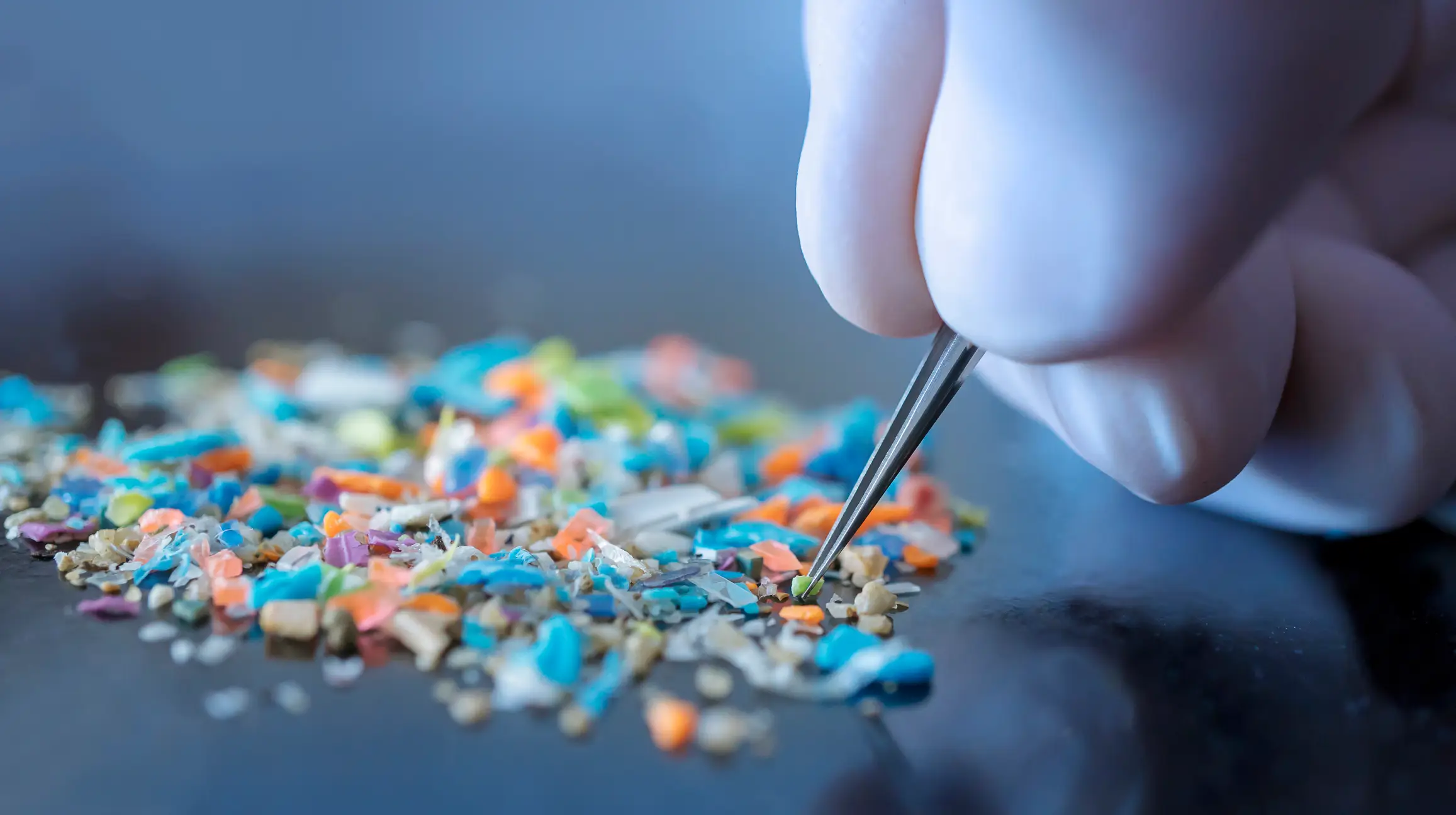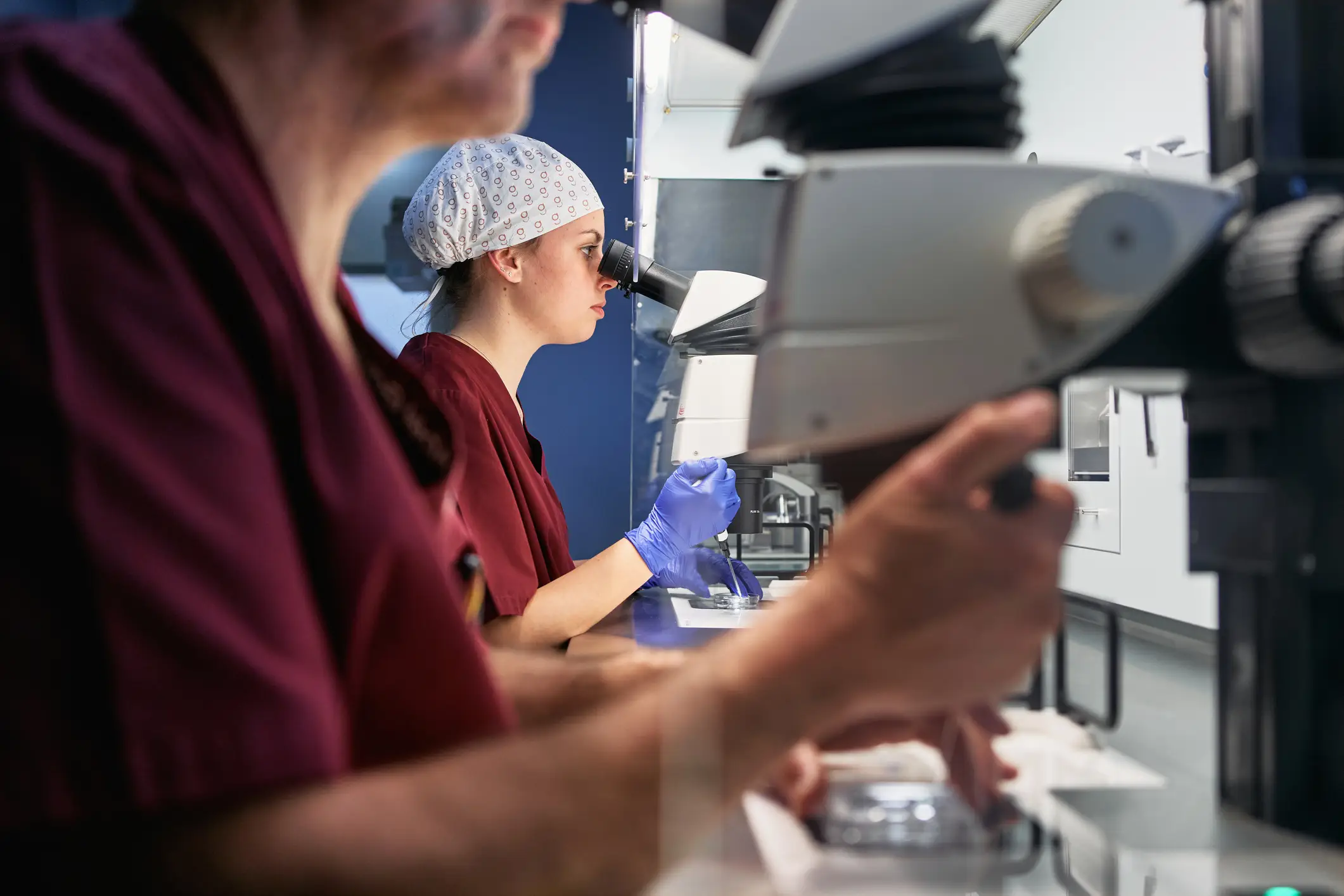
Being a research scientist means looking in places that other people might not think of, and that includes the human body.
New research from a team at the University of New Mexico in the US has been investigating the extent to which microplastics can be found in humans.
These incredibly tiny pieces of plastic are seeping into the world's oceans, and are found in huge quantities in the bodies of marine life and birds, and even we're not immune to them.
The new paper shows that human testicles are now highly likely to contain microplastics, in fact, after researchers tested 23 human testes to see if they could be detected.
Advert

Every single sample showed microplastics, a fairly shocking state of affairs that scientists now think could be linked to declining sperm counts in men.
Before confirming its human results, where sperm count couldn't be compared to non-plastic contaminated samples, the researchers tested the testes of pet dogs.
In these cases, it was found that sperm counts were higher in the testes that had lower plastic contamination, which suggests the working theory could be correct.
However, more research is apparently needed to firm up this link. For one thing, this is only one new addition to a very long list of suspected factors in the declining sperm counts of human males - with pollution and chemicals also suspected of playing a part.
One of the research team, Professor Xiaozhong 'John' Yu, said: "At the beginning, I doubted whether microplastics could penetrate the reproductive system. When I first received the results for dogs I was surprised. I was even more surprised when I received the results for humans."
Of course, he's quite right that it's shocking - there's a difference between hearing about microplastic pollution in the ocean and realizing that you've probably already ingested a chunky dose of them yourself.

Even more concerningly, Yu has pointed out that these testes were from post-mortems in 2016, from men aged 16 to 88 when they died: "The impact on the younger generation might be more concerning", as he put it.
Microplastics are becoming one of the banes of the natural world - less obvious than bulky waste, and consequently much harder to clean up.
Because the plastic fragments are small enough to get into animals and people's bodies, they can also cause major health complications, lodging in tissue and potentially inflaming it.
Doctors have warned that those with high levels of microplastic contamination in their blood vessels face a higher risk of stroke, heart attack and earlier death, which is a devastating combination.
We can only hope that research like this leads to a better understanding of microplastics so that they can be properly combatted.